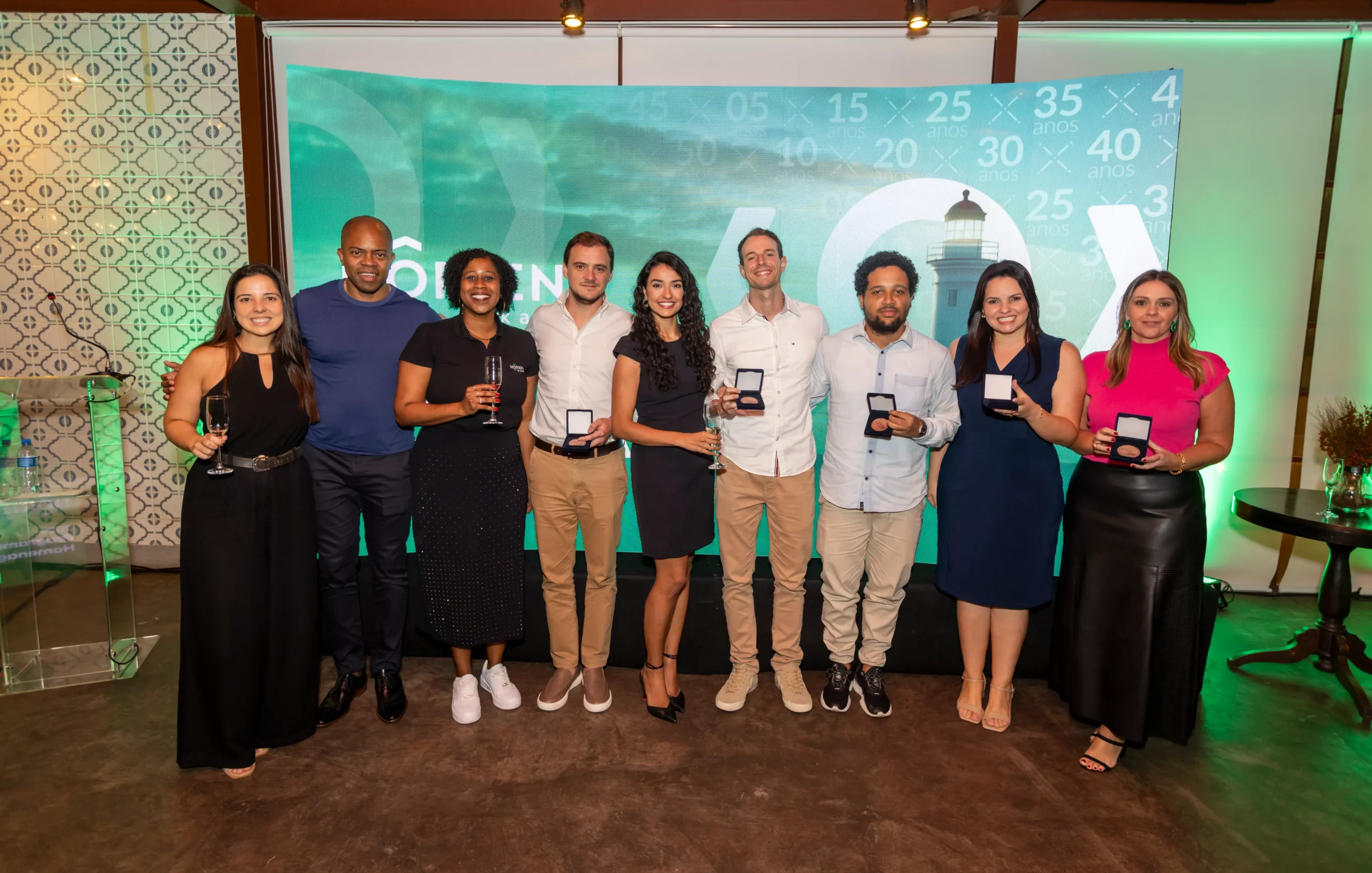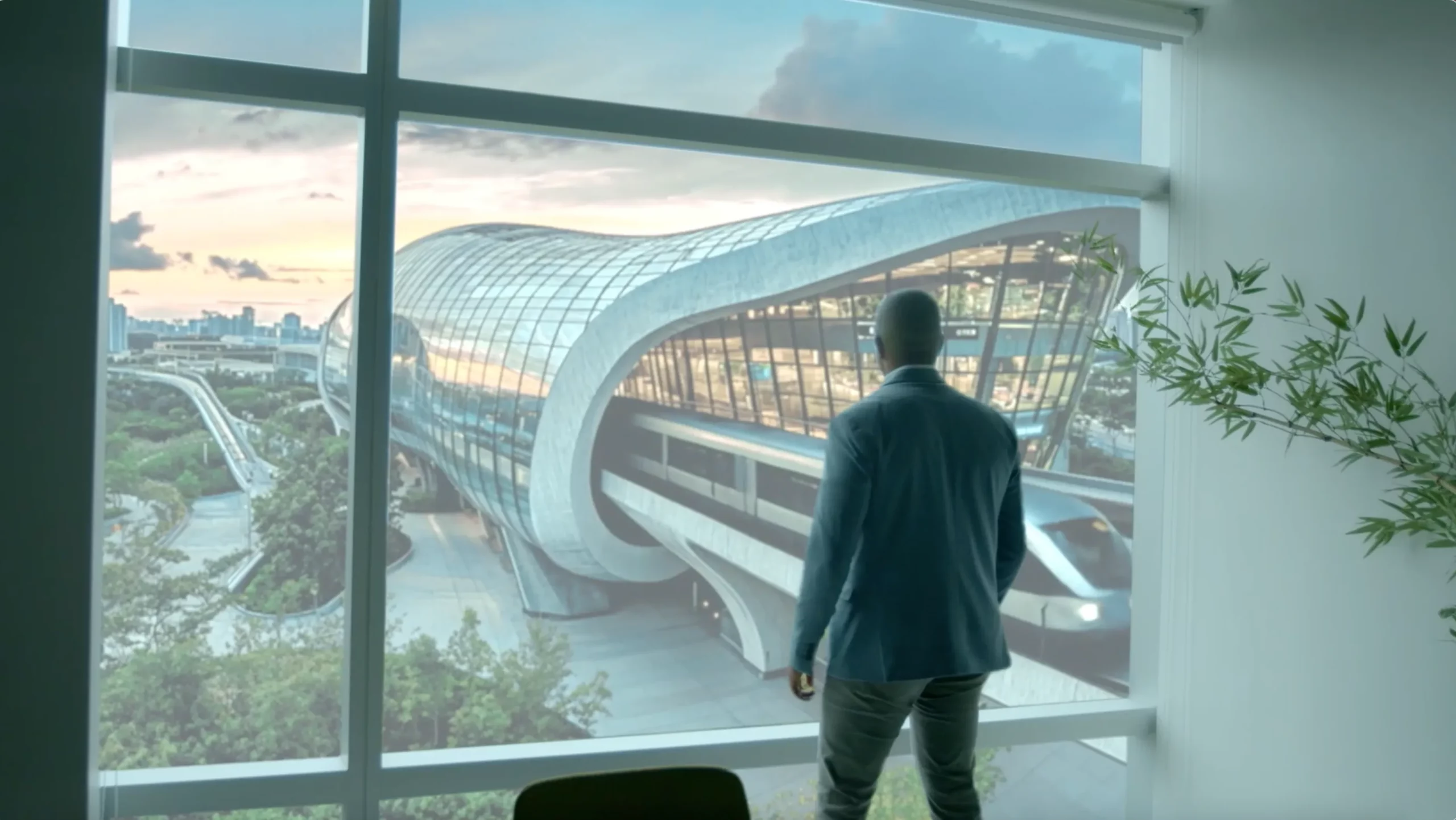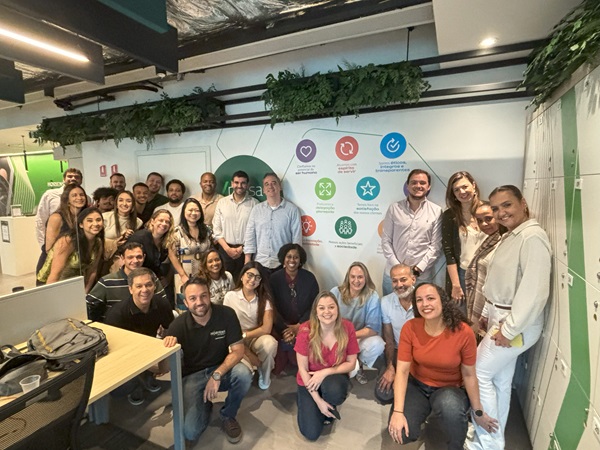The evolution of work and career

Written by: Horiens - 31/05/2022
What is relevant for the 21st century professional? This is the central question asked by Rafael Souto, Produtive Career and Market Connections CEO, to all Horiens members during the internal workshop Career Dialogues.
The axis of the conversation revolved around the premise that today, more than ever, it is necessary for each individual to assume a protagonist posture in the construction of his or her own career.
“The concept and practice of the career plan, as conceived decades ago, no longer exists. In today’s world, we need to move in search of what we want and develop skills that match our time. The career dialog between leader and subordinate is a key piece in this path”, explains Rafael.
The aspects that influence the contemporary career
Check out the following six major aspects that help you think about your career:
- Satisfaction and purpose: what do you want for your career? What are your interests?
- Physical and emotional health: how is your moment in life and family? What are the behaviors needed to build the path you want?
- Finances: how well are you organizing yourself for the present and the future? Are you doing good financial management in your life? Poor financial management is a high-impact factor in building your career.
- Reputation: what image do you want to convey? How are you perceived by people? Are you connecting your career project with your personal brand?
- Networking: do you know how to create and maintain relationships in the company and in the market? Have you ever stopped to reflect how this practice can broaden your view of best practices and trends, bringing insights and knowledge exchange?
- Competitiveness: are you connected to other business and world topics, beyond your technical (“core”) knowledge? Are you on the lookout for opportunity gaps that can transform your field? A ‘cloud career’ requires a systemic and heterogeneous look that goes beyond your functional area and is focused on problem solving.
Futures Literacy: the skill of the 21st century
This is one of the most important competencies for today’s professional. In free translation, futures literacy means “literacy for futures”. In practice, it means having the ability to know how to read future scenarios and deal with unpredictability. The concept emerged at the World Economic Forum, in 2021, as an essential factor in the post-pandemic world.
It is curious to think that it is not only the present that builds the future, isn’t it? Imagining the future also influences the present, and developing this ability is increasingly important.
“By becoming aware of assumptions about the future we allow ourselves to see uncertainty as a resource rather than an enemy of planning. Futures are plural, there is no single scenario. Bringing this to consciousness makes a difference in building a modern career,” Rafael points out.
The leader’s role in career dialog
In this scenario, the partnership relationship between the leader and the led, which is already a remarkable feature of Horiens’ culture, becomes even more relevant.
“Having regular career conversations with each led, being open for the led to have support, and doing active listening is key,” Rafael explains.
“Each person is responsible for his or her career decisions, the led must reflect on this, plan and pursue what he or she wants. In this context, the leader’s role is not to authorize or not authorize, but to discuss possibilities, talk about future perspectives, and be a partner in this journey”, he adds.









